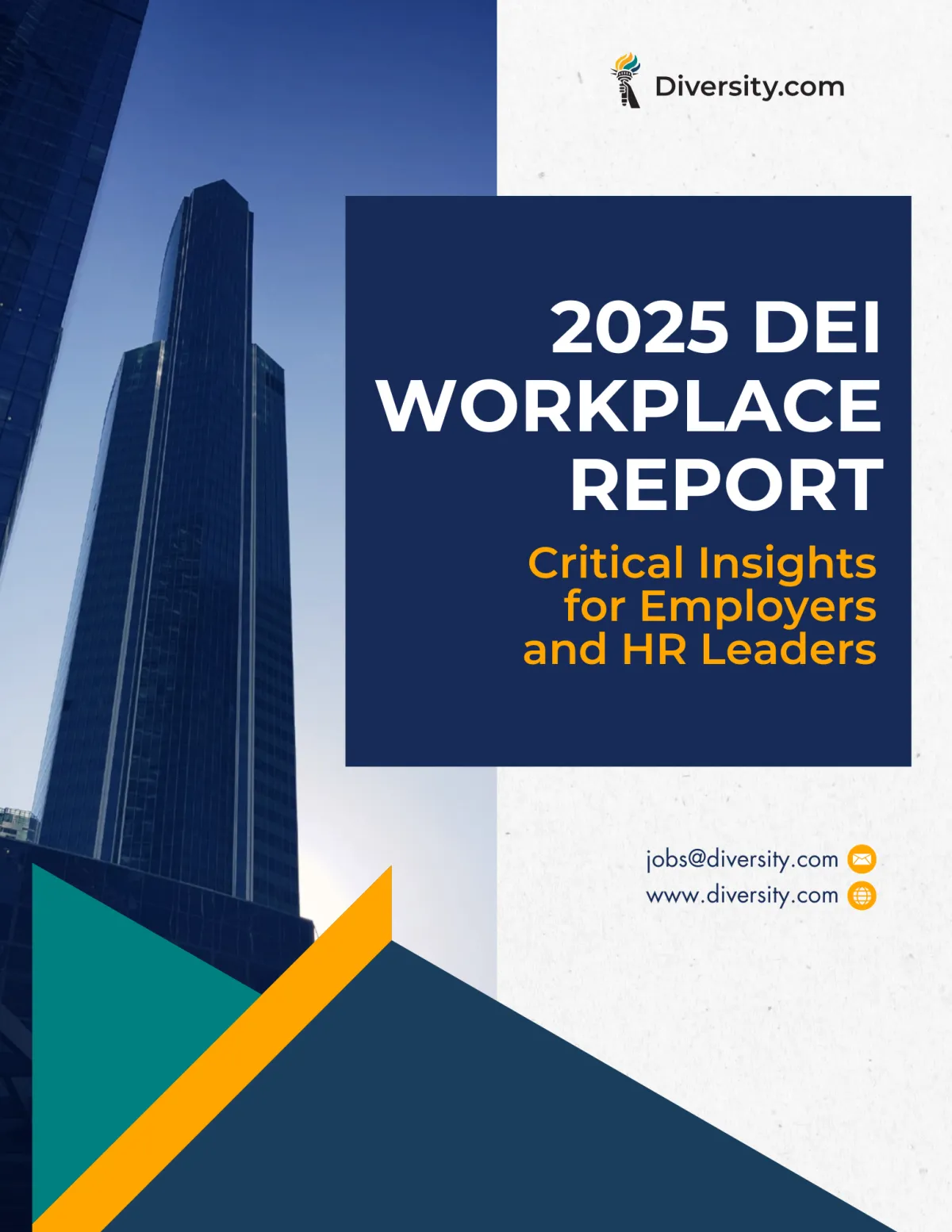
LGBTQ+ Talent Drain in 2025: Why Progressive Employees Are Leaving Regressive States
It’s a trend that many employers are only beginning to notice: as states pass more restrictive anti-LGBTQ+ laws, progressive employees—both LGBTQ+ and allies—are quietly packing up and moving out.
Some are relocating to more inclusive states; others are seeking remote jobs with companies that share their values.
This "talent drain" isn’t just a talking point for activists. It’s a growing reality with consequences for recruitment, retention, and the economic vitality of entire regions.
What’s Driving the LGBTQ+ Talent Drain?
Recent years have seen a sharp rise in state-level policies that restrict LGBTQ+ rights in areas like healthcare, education, and workplace protections (American Civil Liberties Union, 2025).
For many workers, these laws are more than a political issue—they create real risks to safety, well-being, and career advancement.
Key drivers include:
Legal and Personal Safety: Employees worry about losing access to healthcare, facing discrimination, or even harassment based on their identity (Movement Advancement Project, 2025).
Workplace Climate: Companies operating in regressive states may scale back LGBTQ+ support to comply with local laws, leading to a less inclusive culture (SHRM, 2025).
Remote Work Flexibility: The shift to remote work has given employees new freedom to choose where they live—and many are choosing states with stronger protections.
How Big Is the Impact?
Recruitment Challenges: Employers in states with anti-LGBTQ+ laws are reporting greater difficulty attracting and retaining top talent, especially in industries with a younger, more diverse workforce (SHRM, 2025).
Retention Risks: Employees who feel unwelcome or unsafe are significantly more likely to consider relocation or remote opportunities. According to a 2025 SHRM survey, 39% of LGBTQ+ professionals would consider leaving their state for a more inclusive workplace environment.
Economic Consequences: States that pass anti-LGBTQ+ laws risk losing not just workers, but also innovation, investment, and business growth. Research shows that diverse and inclusive regions enjoy higher GDP growth and better business outcomes (Human Rights Campaign, 2024).
What Employers Can Do to Respond
Forward-thinking organizations are taking steps to address the risks and keep their teams strong:
Review Relocation Policies: Consider offering relocation assistance or flexible remote work options for employees in affected states.
Reaffirm Inclusion Commitments: Clearly communicate your support for LGBTQ+ employees, regardless of location. Update internal policies to ensure protections and benefits are not tied to state laws.
Recruit Beyond Borders: Expand your talent search to more inclusive states and remote candidates.
Advocate for Change: Join coalitions or advocacy groups working for inclusive policies, and use your company’s voice to influence state and local leaders.
Conclusion
The LGBTQ+ talent drain is not just a headline—it’s a reality affecting companies’ ability to recruit, retain, and inspire the best people.
If your organization wants to stay competitive, it’s time to rethink where and how you support your team.
How Diversity.com Supports LGBTQ Inclusion and Safe Workplaces
At Diversity.com, we know true inclusion is more urgent than ever. Outdated systems and new legislation should never stand in the way of opportunity or safety.
We are committed to helping job seekers and employers connect in a space built on authenticity, respect, and real DEI leadership.
As the leading DEI job board, we provide the tools and resources you need to navigate today’s challenges and build a future where everyone belongs.
For Employers & HR Leaders:
✔ Post LGBTQ-Inclusive Job Listings — Reach a diverse, talented pool of candidates and show your commitment to workplace equality—even in challenging times.
✔ Access Up-to-Date DEI Resources — Get the latest guidance on responding to new state laws, updating your policies, and supporting all employees with confidence.
✔ Build a Resilient Community — Connect with other professionals facing similar challenges, share strategies, and lead the way on real inclusion.
For Job Seekers:
✔ Find Safe and Inclusive Employers — Explore organizations actively supporting LGBTQ rights and inclusion, even as laws and climates shift.
✔ Strengthen Your Profile — Showcase your experiences and find employers who value diversity, equity, and your authentic self.
✔ Stay Informed & Empowered — Access timely articles and resources about your rights, workplace safety, and strategies for thriving—no matter where you work.
We believe every job search and every hire can help create safer, more inclusive workplaces.
Ready to take action? Start building with Diversity.com.
If you have any questions or need assistance, feel free to Contact Us Here. Our dedicated support team is ready to help!
Related Articles
Debunking the Myth: DEI Doesn’t Mean Lowering Hiring Standards
Anti-LGBTQ Legislation in 2025: The Real Impact on U.S. Workplaces and Employer Responsibility
Pride Under Fire: What Happens When Employers Cave to Political Pressure?
Pride Without Pinkwashing: 5 Red Flags That Reveal Real (or Fake) LGBTQ+ Allyship at Work
Real Inclusion Isn’t Seasonal: How to Support LGBTQ+ Employees All Year
Sources & References
American Civil Liberties Union. (2025). LGBTQ rights in the states. https://www.aclu.org/issues/lgbtq-rights
Human Rights Campaign. (2024). Corporate Equality Index 2024. https://www.hrc.org/resources/corporate-equality-index
Movement Advancement Project. (2025). Equality maps: Workplace laws. https://www.lgbtmap.org/equality-maps
SHRM. (2025). Talent trends and the impact of anti-LGBTQ legislation. https://www.shrm.org/

